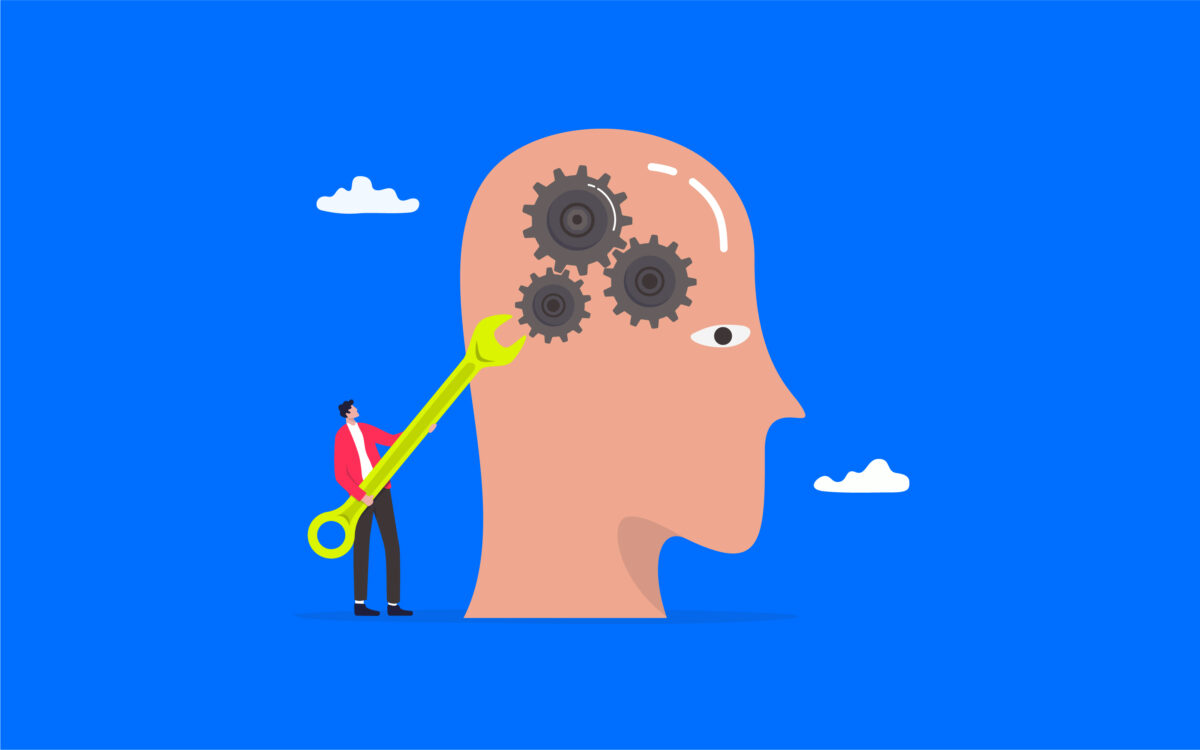Checking Out the Connection In Between Nourishment and Mental Health Improvement
The ramifications of our nutritional choices on psychological well-being have been progressively acknowledged by health experts and researchers alike. As we navigate the complicated landscape of modern-day lifestyles, revealing the nuanced connection in between nutrition and mental wellness improvement might hold the key to unlocking a deeper understanding of our cognitive and emotional resilience.
Impact of Food on Mood
The connection in between nutritional options and mood policy is an important element of understanding the impact of food on mental health. Study has shown that certain foods can influence neurotransmitter task, influencing state of mind and psychological states. Foods rich in omega-3 fatty acids, such as fatty fish, walnuts, and flaxseeds, have been linked to lower prices of depression and enhanced mood regulation.
In addition, complicated carbohydrates located in entire grains, fruits, and veggies can assist control blood sugar level degrees, which in turn can have a positive influence on state of mind stability. On the other hand, diets high in refined foods, sugar, and hydrogenated fats have actually been connected with a raised danger of anxiety and mood conditions.
Moreover, the gut-brain link plays a significant function in mood guideline. The digestive tract microbiome, influenced by the foods we eat, can interact with the brain through the gut-brain axis, affecting state of mind, anxiety degrees, and overall mental well-being. As a result, making mindful and nourishing dietary choices is crucial for preserving a healthy and balanced mood.

Vital Nutrients for Anxiousness

Furthermore, the amino acid tryptophan, located in foods like turkey, eggs, and nuts, is a precursor to serotonin production, a neurotransmitter known for its function in promoting feelings of calmness and health. Vitamin B complicated, specifically B6 and B12, are also crucial for keeping a healthy and balanced nerves and may aid reduce anxiousness signs and symptoms.
Including these crucial nutrients into a well-balanced diet regimen can have a positive effect on handling stress and anxiety and enhancing general mental wellness.
Dietary Techniques for Anxiety

One dietary technique for managing anxiety is concentrating on foods abundant in omega-3 fatty acids, such as fatty fish, flaxseeds, and walnuts. Omega-3 fatty acids have been linked to minimizing swelling in the brain and improving natural chemical function, which can favorably influence state of mind. Additionally, boosting the intake of fruits, vegetables, entire grains, and lean healthy proteins while lowering the intake of refined foods and sugars may help in relieving depressive signs and symptoms.
Additionally, keeping sufficient levels of vitamin D, either with sunshine exposure or supplementation, is important for supporting psychological health. Vitamin D deficiency has been linked with an enhanced threat of anxiety, making it important to make sure sufficient consumption of this nutrient. By including these nutritional methods, individuals might effectively enhance home typical treatments for depression and improve their general well-being.
Gut-Brain Axis and Mental Health
Concentrating on the elaborate link between the stomach system and mental health, the Gut-Brain Axis plays a crucial function in influencing cognitive features and psychological health. The Gut-Brain Axis is a bidirectional interaction network between the main nerves and the enteric anxious system, connecting the emotional and cognitive centers of the mind with peripheral digestive functions. This axis is controlled by a complex interaction of neural, immune, endocrine, and metabolic pathways.
Research suggests that the make-up of gut microbiota, the varied area of bacteria residing in the stomach tract, can have a profound influence on mental health and wellness. Imbalances in intestine microbiota, recognized as dysbiosis, have been connected with problems such as anxiety, stress and anxiety, and even neurodegenerative conditions. The digestive tract microbiota plays a crucial function in the production of neurotransmitters like serotonin, which is important for managing mood and psychological feedbacks.
Maintaining a healthy intestine microbiota through a well balanced diet plan abundant in fiber, fermented foods, and probiotics is critical for supporting psychological wellness (Mental Health Services). Methods targeted at maximizing the Gut-Brain Axis supply encouraging methods for boosting emotional health and cognitive function
Nutrition's Function in Cognitive Function
Given the substantial impact of the Gut-Brain Axis on psychological health, comprehending just how nourishment impacts cognitive function ends up being critical in advertising total wellness. Nutrition plays an important function in cognitive function by providing necessary nutrients that sustain brain wellness and optimum efficiency.
Secret nutrients such as omega-3 fatty acids, minerals, anti-oxidants, and vitamins are known to improve cognitive abilities, including memory, focus, and problem-solving skills. Omega-3 fatty acids, discovered in fatty fish like salmon and nuts, have actually been connected to improved memory and cognitive function. Antioxidants, plentiful in veggies and fruits, help safeguard brain cells from damage brought on by totally free radicals, therefore protecting cognitive hop over to here feature.
Furthermore, a well balanced diet rich in whole grains, lean healthy proteins, fruits, and veggies can positively impact cognitive function by supporting blood glucose levels and supplying continual power to the brain. Alternatively, diets high in processed foods, saturated fats, and sugars have actually been linked with cognitive decline and damaged brain function. Making informed nutritional options is necessary for preserving optimal cognitive function and general psychological wellness.
Conclusion
Finally, the relationship between nutrition and psychological wellness is Discover More diverse and intricate. The impact of food on state of mind, necessary nutrients for anxiousness, nutritional approaches for anxiety, the gut-brain axis, and nutrition's role in cognitive feature all play critical duties in psychological well-being. Understanding the link between nourishment and mental wellness improvement is necessary for promoting total health and resolving psychological health concerns. More research and recognition in this field are needed for progressing treatments and treatments.
The effects of our dietary options on psychological wellness have actually been significantly recognized by health and wellness professionals and scientists alike. As we navigate the complicated landscape of contemporary way of lives, uncovering the nuanced partnership in between nutrition and mental health renovation may hold the key to opening a deeper understanding of our cognitive and emotional resilience.
Structure upon the necessary nutrients that sustain mental health, specifically in handling anxiety problems, the focus now changes in the direction of taking a look at nutritional approaches for addressing depression.Concentrating on the detailed connection between the intestinal system and mental health and wellness, the Gut-Brain Axis plays a crucial role in influencing cognitive functions and emotional health (Mental Health Services). Recognizing the link between nutrition and mental health renovation is necessary for promoting general health and resolving psychological wellness problems